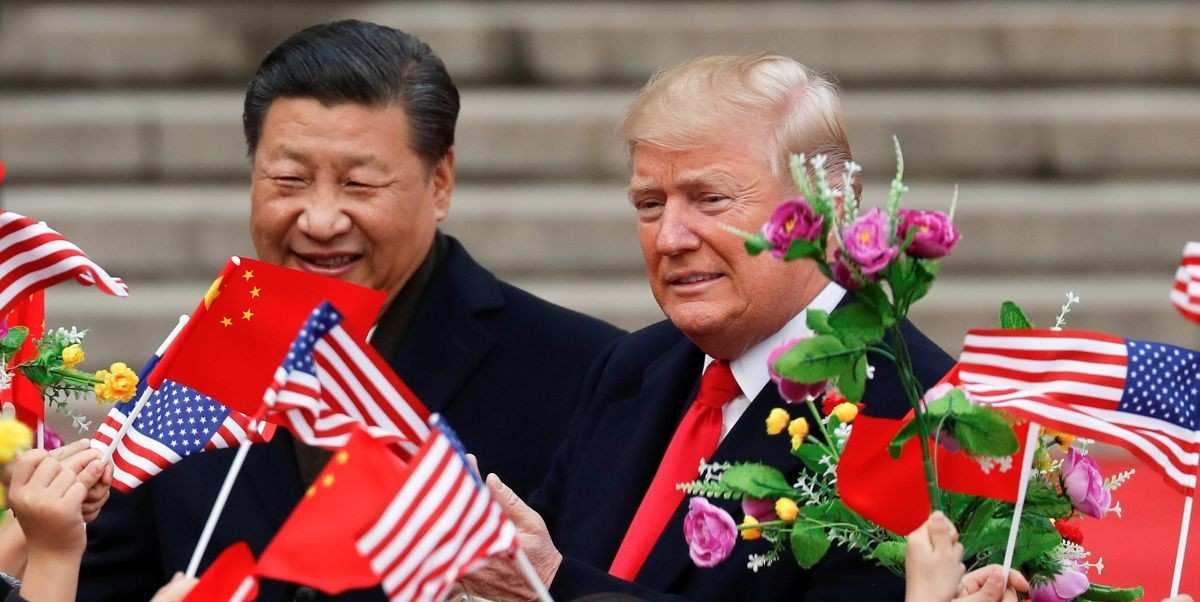China cracks down on critical minerals
China has implemented broad new restrictions on exports of rare earth and other critical minerals vital for semiconductors, the auto industry, and military technology, of which it controls 70% of the global supply. The restrictions come after China cut back its purchases of US soybeans, as Beijing seeks to strengthen its negotiating position ahead of trade talks between Xi Jinping and Donald Trump later this month.
Modi and Starmer cut defense deals in New Delhi
UK Prime Minister Keir Starmer and a posse of 100 business leaders took a trip to India on Monday, where he and Indian Prime Minister Narendra Modi unveiled a plan to double their current $56 billion of trade by 2030. During the visit, they announced new defense deals worth over $799 million, marking a push to reduce India’s reliance on Russian arms, even as the two sides differ over Moscow’s war in Ukraine. Starmer confirmed he discussed India’s purchases of Russian oil with Modi but respects India’s strategic independence and sees defense cooperation as key to strengthening their partnership.
Carney and Trump meet to talk tariffs
Washington and Toronto buzzed this week with talk of the Canada-US relationship. On Tuesday Prime Minister Mark Carney joined President Donald Trump in the Oval Office fora warm but inconclusive meeting. There were no breakthroughs on tariffs, just promises to “work quickly” on steel, aluminum, and energy. Trump did reportedly appreciate Carney’s proposal torevive the long-dead Keystone XL pipeline, which Trump had proposed in February.
The next day in Toronto, Commerce Secretary Howard Lutnick told attendees at the Eurasia Group and BMO US-Canada Summit that bilateral tariff deals were possible but thatthe integration of the two countries’ auto industries was “over.” This provoked angry reaction from Ontario Premier Doug Ford, who threatened to retaliate by cutting off energy and critical-mineral exports to the US.
